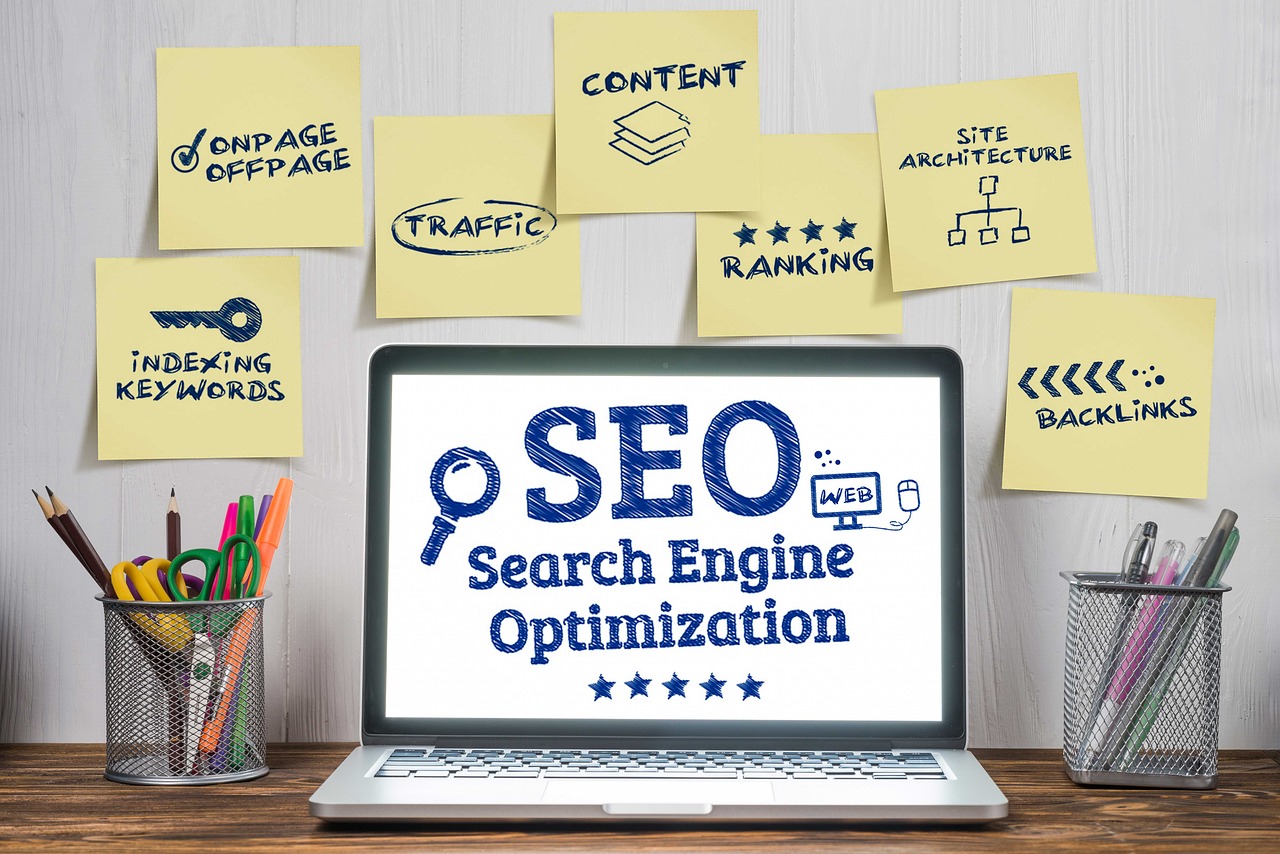
Common On-Page seo Mistakes to Avoid for Better Search Engine Performance
When it comes to optimizing your website for search engine performance, there are several on-page seo techniques that you can use to improve your website’s ranking on search engine results pages (SERPs). However, there are also common mistakes that website owners and seo professionals make that can negatively impact search engine optimization efforts.
1. Keyword Stuffing
While incorporating relevant keywords into your website’s content is important for seo, keyword stuffing is a common mistake that should be avoided. Keyword stuffing refers to the practice of overusing keywords in an unnatural and spammy way that can harm your website’s ranking. Instead, focus on creating high-quality and informative content that naturally includes relevant keywords.
2. Poorly Optimized Page Titles and Meta Descriptions
Page titles and meta descriptions are crucial elements of on-page seo. They provide important information to search engines about the content of your web page. It is important to optimize these elements by including relevant keywords and creating compelling and accurate descriptions that entice users to click on your website in search results.
3. Lack of Proper Heading Tags
Using heading tags (H1, H2, H3, etc.) helps search engines understand the structure and hierarchy of your content. It’s essential to use heading tags properly and strategically, starting with a single H1 tag that describes the main topic of the page, followed by H2, H3, and so on. This helps search engines and users easily navigate and understand your content.
4. Non-Optimized Images
Images are not only important for enhancing the visual appeal of your website but also for seo. Many website owners and seo professionals neglect to optimize their images, resulting in slow page load times and missed seo opportunities. Make sure to compress images, use descriptive file names, add alt tags, and include relevant keywords to improve image seo and overall website performance.
5. Neglecting Internal Linking
Internal linking is an effective on-page seo strategy that helps search engines discover and understand the content hierarchy on your website. By linking relevant pages within your site, you create a clear path for search engine crawlers to follow and improve user navigation. Neglecting internal linking can lead to missed opportunities for improved visibility and rankings.
Conclusion
Avoiding these common on-page seo mistakes is essential for better search engine performance. By optimizing your website’s content, headings, images, and internal linking, you can enhance your website’s visibility, increase organic traffic, and improve overall search engine rankings. Remember to focus on providing high-quality, user-friendly content that aligns with search engine best practices.
FAQs
Q: How often should I update my on-page seo?
A: On-page seo should be an ongoing process, as search engine algorithms and best practices change frequently. Regularly reviewing and updating your on-page seo efforts can help you stay ahead of the competition and ensure your website remains optimized for search engine performance.
Q: What is the impact of poor on-page seo on website rankings?
A: Poor on-page seo can significantly affect your website’s search engine rankings. If search engines cannot properly interpret and understand your content, your website may not appear in relevant search results. This can lead to decreased organic traffic and missed opportunities for visibility and conversions.
Q: Can I use multiple H1 tags on a web page for better optimization?
A: It is generally recommended to use a single H1 tag per web page. The H1 tag should provide a clear and concise description of the main topic of the page. Using multiple H1 tags can confuse search engines and hinder your on-page seo efforts.





